In the late 19th century, ‘Allamah Shibli Nomani (1857-1914) wrote a short paper on the destruction of the Great Library of Alexandria. Originally published in Urdu in 1898 and subsequently translated into English in 1900, Nomani’s work, entitled An Enquiry into the Destruction of the Ancient Alexandrian Library, sheds important light on debunking a centuries’ old urban legend that Sayyiduna ‘Umar (may Allah be pleased with him) ordered the burning of this repository of the knowledge of the ancients when he was caliph.
It was in around 641 AD that one of Sayyiduna ‘Umar’s armies led by another illustrious Companion of the Prophet, Sayyiduna ‘Amr bin al-‘Aas (may Allah be pleased with him) conquered the Mediterranean port of Alexandria. This was just 21 years after the Hijrah and at the time the city was the capital of the Byzantine province of Egypt, enabling the Byzantines to maintain maritime influence throughout the Mediterranean.
Alexandria, which was founded and named after Alexandria the Great in around 332 BC, was an important intellectual and cultural center of the ancient world and was once also home to the Great Library of Alexandria, one of the largest and most significant libraries of the ancient world. Home to thousands of manuscripts, the library contained works by notable thinkers and writers, and has since its destruction captured the imagination of people the world over lamenting its loss. In recent years, when reports came to light of the cultural vandalism perpetrated by Daesh in Iraq in 2015, including notably the ransacking, looting and burning of books at Mosul’s library, the alleged destruction of the Great Library of Alexandria during the Arab conquest of Egypt in the seventh century began to gain momentum on social media and the comments sections of mainstream news websites.
The reality is that this is an ancient urban legend that has been repeatedly debunked by a host of historians and academics, including in the 1950s by historian Bernard Lewis (1916-2018), who was known for his criticism of Islam, coined the phrase ‘clash of civilisations’ and is probably better known for his literary debates with the Palestinian academic Edward Said. Among other notable historians who have denied the truth of Sayyiduna ‘Umar’s alleged role in the destruction of the library is Edward Gibbon (1737-1794) who also argues to the contrary in his The History of the Decline and Fall of the Roman Empire.
Probably one of the best rebuttals of this myth is that by ‘Allamah Shibli Nomani, an Indian Muslim scholar and prolific author who was alive when Queen Victoria ruled as Empress of India. This was a time when India, along with its exploitation, was seething with evangelists seeking converts and attempting to show the superiority of the culture and religion of the Occident over that of the Orient. It was in this context that Nomani found himself, writing books, articles and papers academically challenging what was the status quo. It is within this context that the 48-page An Enquiry into the Destruction of the Ancient Alexandrian Library not only adequately absolved Sayyiduna ‘Umar (may Allah be pleased with him) from the charge against him but placed the destruction of the library on the Roman Empire which had by then become Christian.
The claim is that when Sayyiduna ‘Amr bin al-‘As (may Allah be pleased with him) conquered Alexandria a Christian theologian called John Philoponus showed him the library and so Sayyiduna ‘Amr wrote to Sayyiduna ‘Umar regarding it. It is alleged that the Caliph wrote back saying: “If those books are in agreement with the Quran, we have no need of them; and if these are opposed to the Quran, destroy them.” And so, ‘Amr allegedly distributed the books among Alexandria’s baths for burning, something that took over six months due to the sheer volume of books.
In his paper, Nomani questions why Orientalist writers blamed Sayyiduna ‘Umar for the destruction of the library and why they exhibited so much sympathy for this library and not for other repositories of knowledge. “Other large libraries have shared this alleged fate, and no hue and cry has ever been raised,” he writes. “Who has lamented, or proclaimed to the world, the destruction of the libraries of Persia by Alexander the Great, or the destruction by the Christians of Spain, of millions of books and other monuments of learning collected during long centuries by the Mussalmans? To what then is this special sympathy for the Alexandrian Library due?”
The destruction of libraries during times of conflict and war is not something old but is something that repeatedly rears its ugly head, even in the modern era. The National Library of Sarajevo, for example, was shelled by the Serbs in 1992 during the Siege of Sarajevo leading to the destruction of almost two million books. (Notably, the Gazi Husrev-beg Library that was founded in Sarajevo in 1537 was saved during the Yugoslav War through divine grace and the sheer determination and grit of the librarians there.)
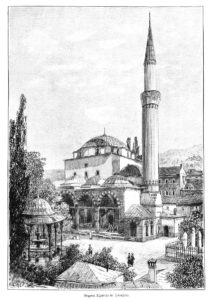
Sketch of the Gazi Husrev-beg Mosque which originally housed the Gazi Husrev-beg Library in Sarajevo (circa 1900).
Nomani then says that the Great Library of Alexandria was in fact destroyed by the Roman Empire who were at the time Christian and that when “the stain of this barbarous act clung to it, it was found that the only practicable means of effacing it, was to transfer the blame to some other nation” and that “no one cared to enquire into the truth of the story, and the false accusation consequently spread far and wide.”
In his treatise, Nomani traces the allegation against Sayyiduna ‘Umar to Abulpharagius, Chief Bishop of Persia of the Syria Orthodox Church in the 13th century, who wrote an exhaustive history in the Syrian language and an abstract of this work in Arabic called Mukhtasar al-Duwal. The abstract was subsequently published in Latin in 1664 by Dr. Edward Pococke (1604-1691), an ordained Church of England priest and chair of Arabic at Oxford. Nomani writes that the “abstract goes beyond the original Syrian” and that it is “uncertain, whether the additions were made by Abulpharagius himself, or are interpolations, due to someone else.” It is through this abstract that the destruction of the library is first mentioned and through its Latin version reached the far corners of Europe gaining much currency.
Gibbon also attributes this allegation to Abulpharagius in his Decline and Fall of the Roman Empire as does Washington Irving (1783-1859) and others. Nomani says Gibbon examined the story and denied its truth as Abulpharagius was born 500 years after the alleged event and that no writer had mentioned it before him.
Nomani writes that, thereafter two classes of critics came to the fore: the rejecters and the upholders. Those who upheld the tradition as being true in the 18th and 19th centuries tried to support their claim by citing notable Muslim writers and historians such as Abdul Latif Al-Baghdadi (1162-1231), Al-Maqrizi (1364-1442), Haji Khalifah or otherwise known as Katib Çelebi (1609-1657) and even Ibn Khaldun (1332-1406). He then analyses these supposed citations one by one showing that the authority that the European historians derive from these authors does not exist. He also questions whether the cited writers have made any statements in this connection that could be accepted as evidence and whether their evidence is conclusive. He mentions how one writer “evidently unacquainted with the subject” quoted Ibn Khaldun and that with “characteristic shamfacedness” wrote that he has mentioned this tradition in his history of Sayyiduna ‘Umar. Nomani mentions that there is not a single word about this “fiction” in Ibn Khaldun’s well-known work.
In relation to al-Maqrizi, he writes that he was an Egyptian Arab historian from the Mamluk-era who died in the 15th century. In his history of Egypt entitled Mawa‘iz wa al-I’tibar bi Dhikr al-Khitat wa al-Athar, he quotes al-Baghdadi’s description of the Minaret of Savari word by word wherein which the Alexandrian Library is mentioned incidentally; no where does it mention that the library was destroyed.
In relation to the writing of Haji Khalifah (Katib Çelebi), Nomani writes that the European writers fail to mention where he has alleged that Sayyiduna ‘Umar ordered the destruction of the library. He then analyses his writings and says that he has also not mentioned this incident anywhere, or even Alexandria, adding that “the fathering of the mention of the burning of the Alexandrian Library on Haji Khalifa, is such an astonishing piece of audacity…”
The third Muslim historian cited is Abdul Latif al-Baghdadi from the 13th century who wrote an account of Egypt that contains only a description of those circumstances and events that al-Baghdadi witnessed in Egypt himself. In it he has a chapter on the Minaret of Savari in which he writes about a portico where Aristotle and his students taught. Al-Baghdadi says this was the academy that Alexander established and where the library was that ‘Amr burnt. In response to this reference, Nomani quotes a German author called Krell who sheds doubt on this claim, attributes the allegation to Christian pilgrims visiting Jerusalem and says that not only is this event unfounded, all the events that al-Baghdadi mentions are untrue, including the information about Aristotle, etc.
Nomani also writes that the original history of Abulpharagius in Syriac does not mention the burning of the library and that the burning does find occurrence in an abstract of the work in Arabic. “There is no satisfactory evidence to show that the additions in the Arabic abstract, which are not found in the original Syrian, were made by Abulpharagius himself or, are only interpolations,” writes Nomani. “The suspicion that this passage is an interpolation is strengthened by the fact that this abstract was edited by Professor Pococke with his corrections, and he was very clever in concocting occurrences to the discredit of the Mussalmans.”
Regarding the other claimants, Shibli says that even if for the sake of argument it was accepted that Katib Çelebi and Al-Baghdadi had accepted the story as true, they were from the 17th and 13th centuries. How could they be cited to support an event that allegedly occurred in the 7th century? He also mentions that Al-Baghdadi was accomplished in medicine but questions whether he was an authority in history. “It is very shameful to our antagonists that [it]…is not authenticated by any reference to it in the hundreds and thousands of Musalman works on history, but they have to take refuge under the protection of a professor of medicine or a bibliographer,” writes Nomani.
Nomani then lists a number of authentic and authoritative histories by Muslims and Arabs none of which mention the library or even its burning. These histories include Futuh al-Buldan by al-Baladhuri, Tarikh al-Ya‘qubi, Tarikh Abi Hanifah and others. He writes that these books are authentic and mentions that some include detailed descriptions of the Conquest of Alexandria and that the Library of Alexandria is not mentioned in them. “Notwithstanding all these details there is not the slightest mention anywhere of the library from which it is plain that its alleged destruction is entirely without foundation.”
He also adds that the older Christian histories do not mention this incident, such as Eusex, the Patriarch of Alexandria (d. 940AD), in his work on the conquest of Alexandria and Almacin who lived before Abulpharagius. “But in these books too, there is not a word about the destruction of the Alexandrian Library. These authors were zealous Christians, and it cannot be suspected that they were in any way partial to the Mahomedans. They were also fond of learning and were critical enquirers, and they could not have looked upon the destruction of a collection of such valuable books as an ordinary matter. By long residence and great curiosity of mind, they had acquired a very intimate and extensive knowledge of Egypt. Under these circumstances, the absolute silence of these two authors on this disputed point, plainly proves that it has no foundation whatever in truth,” writes Nomani.
Nomani then mentions that some authors have written that the library was destroyed before the advent of Islam when Egypt came under the influence of the Romans and provides several sources to support this. He then cites authentic histories of the time that during the Muslim rule protection was guaranteed to the conquered people after the taking of Alexandria along with proper references and authorities such as Al-Baladhuri, Ibn al-Asir and Ibn Khaldun.
‘Allamah Shibli Nomani’s paper is an original piece of work and very adequately debunks an old urban legend that even now, in the noughties and with the rise of Islamaphobia, often gets mentioned on social media. The complete paper can be read online and accessed by clicking here.
Views expressed by our writers are their own and do not necessarily reflect Basair.net’s stance.
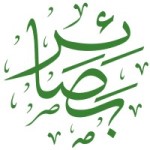

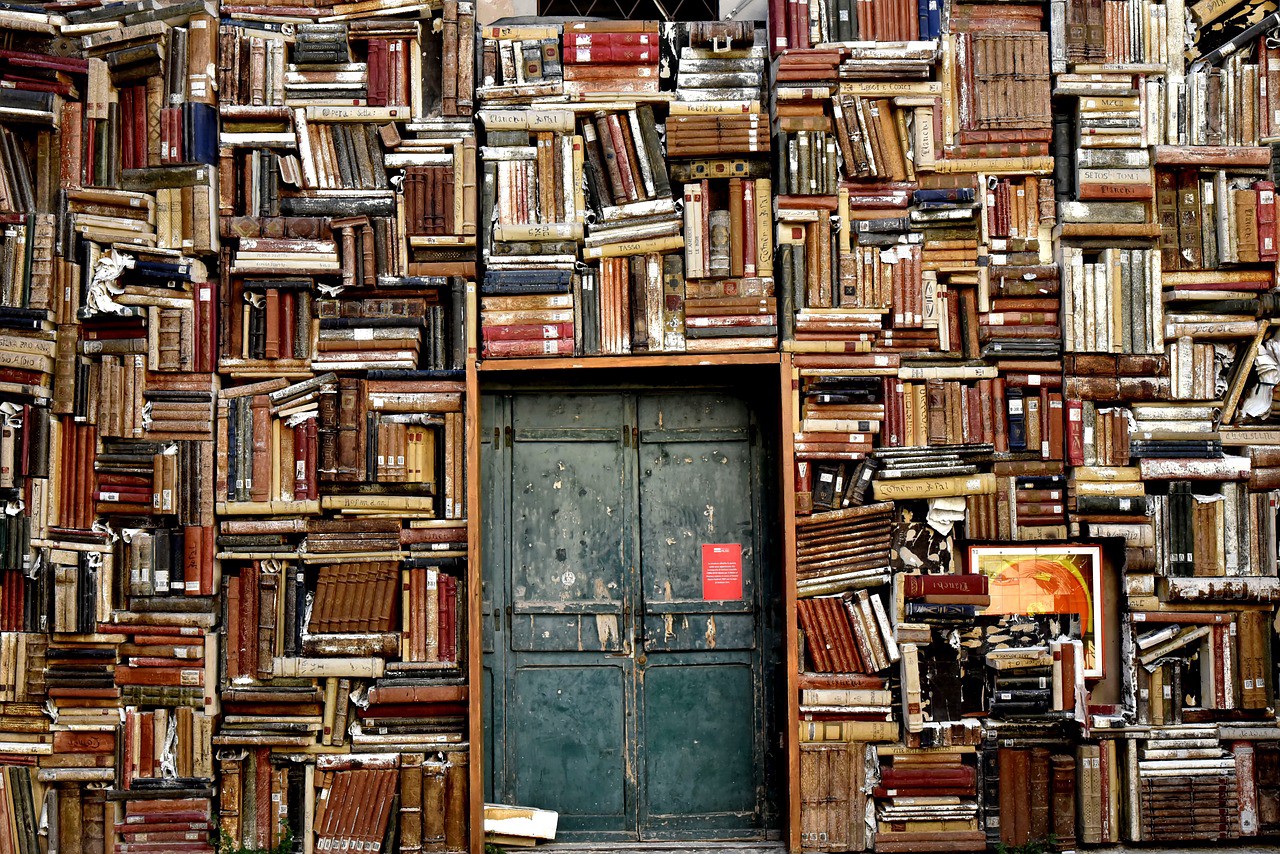
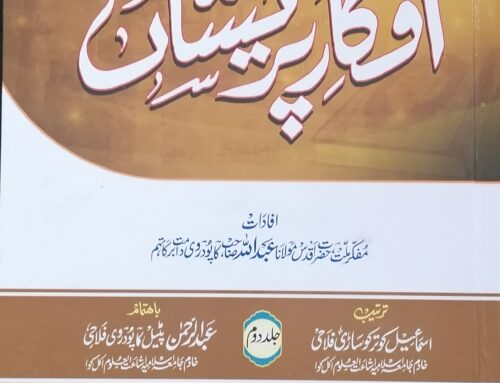
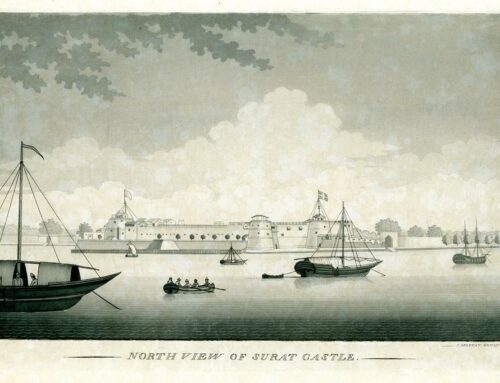
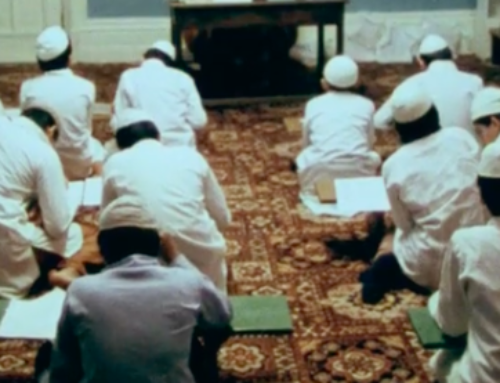
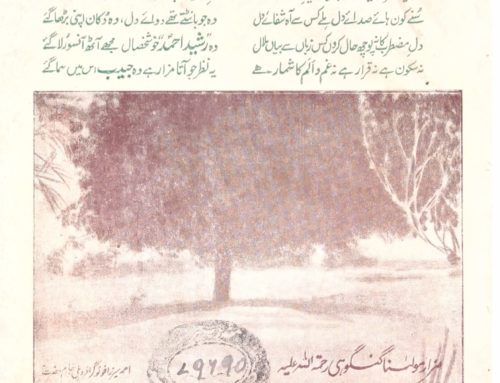
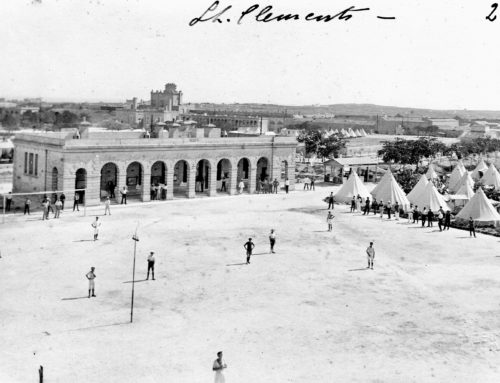
Leave A Comment